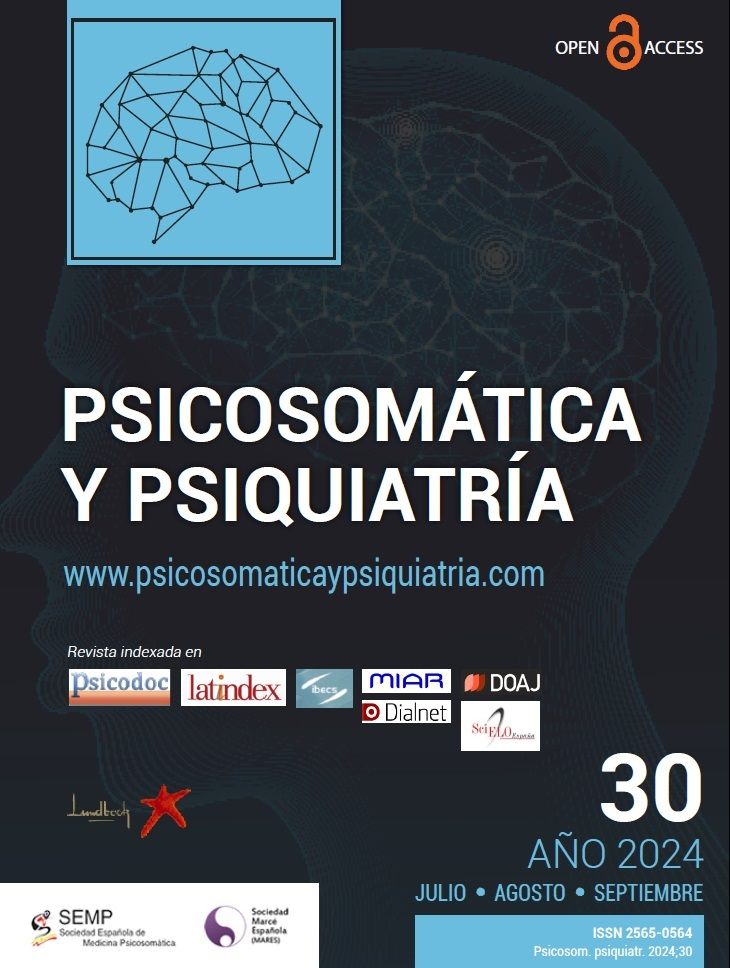Falsehood and Mental Health: “New Truth” Normalised in a “Post Truth” Era
Article Sidebar

Main Article Content
Abstract
Background and Objectives: Since the start of the new “post-truth” era, falsifying the truth seems to be a new socio-environmental, health and political normality that justifies almost everything. The present contribution is intended as a synthetic approach with the intention of clarifying the pervasive concepts of falsified truth and erroneous beliefs, as well as the influence of mental, behavioural or neurodevelopmental disorders according to ICD-11.
Material and Methods: This is an updated, qualitative secondary scientific study, containing argued and duly contrasted theoretical components.
Results, Discussion and Conclusions: In the field of mental health, as in many other fields, there have been attempts to establish a new post-psychiatry, as well as a new post-psychology. It is no longer necessary to know, but only to have modern or, even better, “post-modern” ideas, even if they collide with the truth of empirical facts and scientific knowledge. As far as mental health is concerned, in terms of disagreeing with the truth, it is incumbent on practitioners to understand how the brain’s reinforcement system and the neurophysiology of reward-related behaviours are involved. Lack of truth, rather than falsifying it, can be a non-conscious, non-voluntary action, particularly in psychopathology related to motivational deficits. This may be the case in dissociative disorders, but not in factitious disorders, where symptoms and signs are faked, falsified or self-induced. Nor can “feigned illness”, which is not even considered a mental and behavioural disorder, be involuntary.
Article Details

Aquesta obra està sota una llicència internacional Creative Commons Reconeixement-CompartirIgual 4.0.
(c) José Manuel Bertolín-Guillén, 2024
Drets d'autor
Aquesta obra està publicada sota la llicencia Reconeixement-CompartirIgual 4.0 Internacional (CC BY-SA 4.0)
Els autors mantenen tots els drets d'autor i la revista es reserva els drets de la primera publicació de l'article